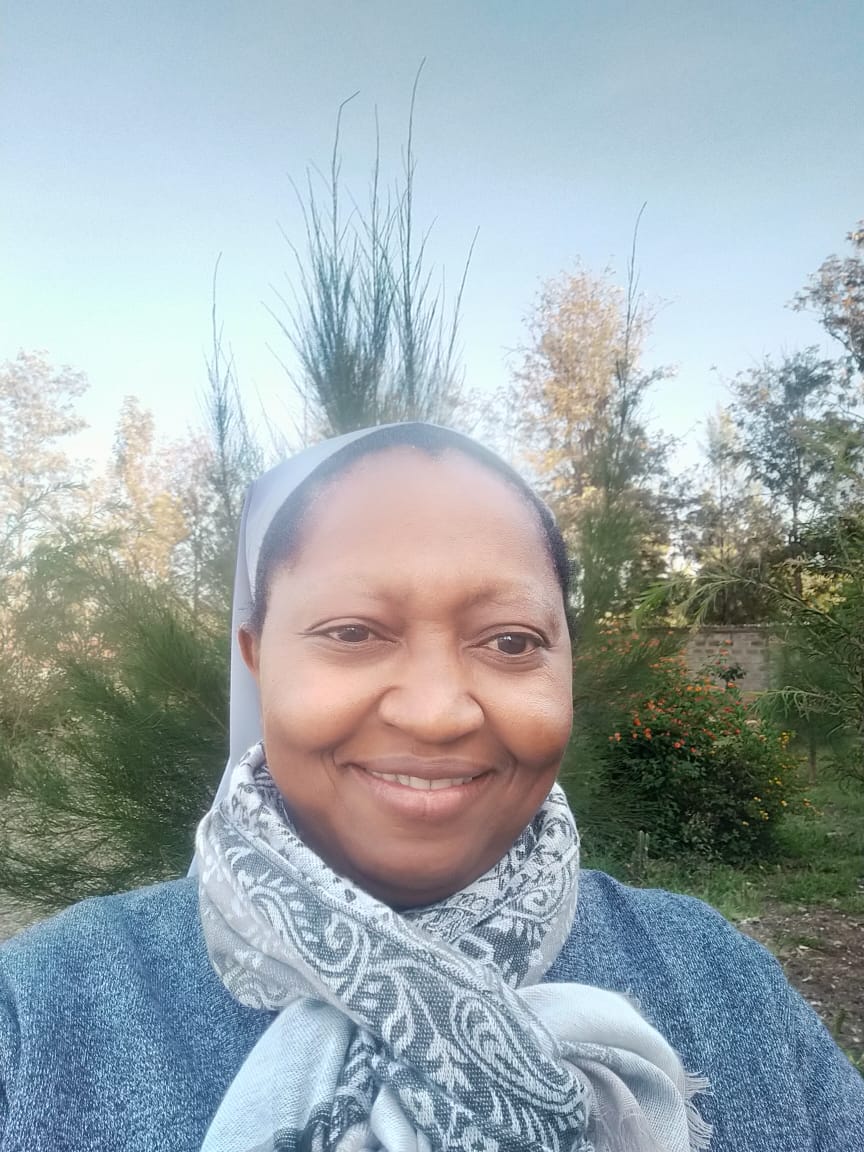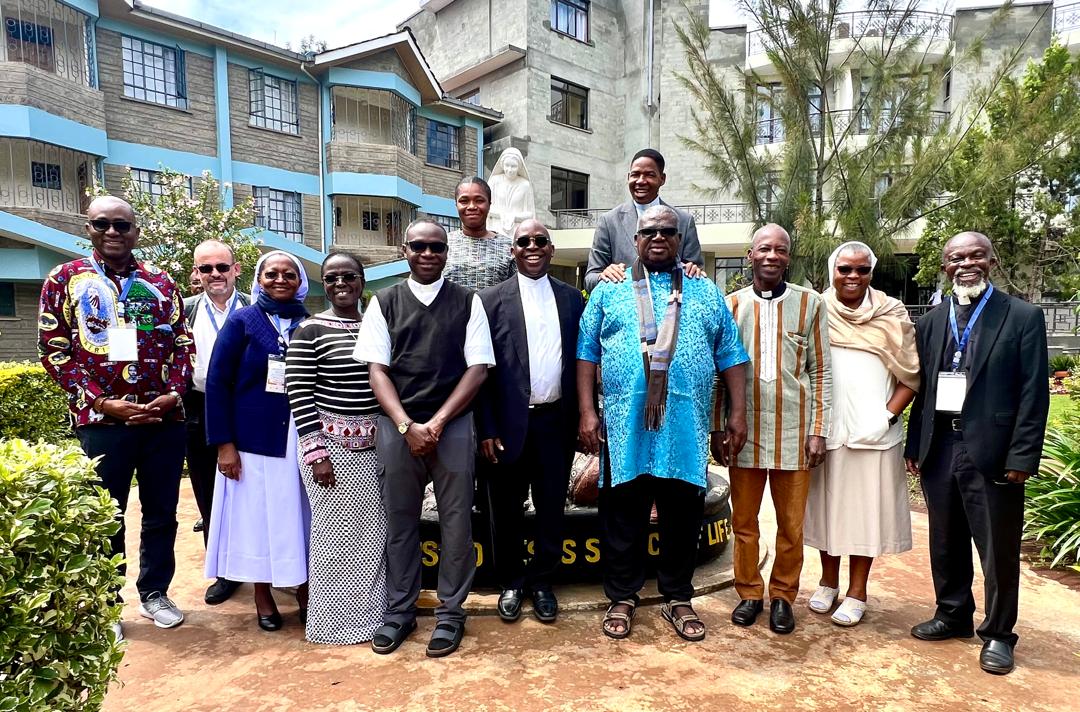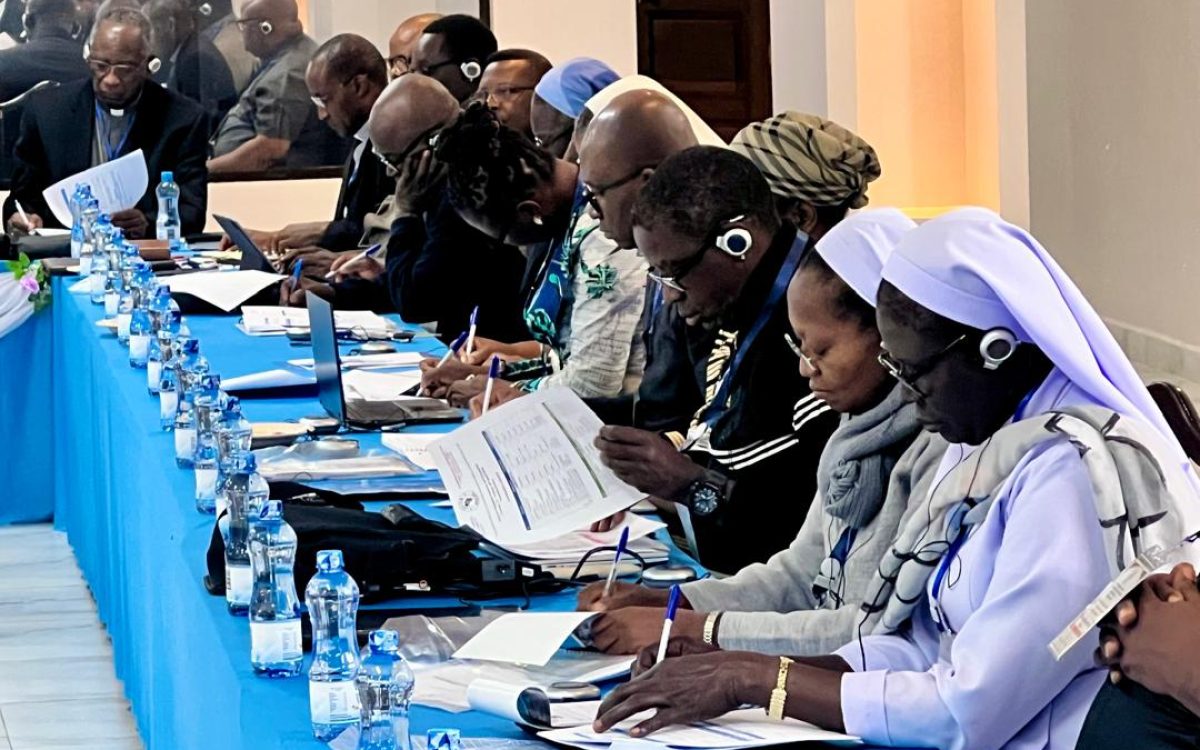The Silent Influence of Cultural Barriers in the Church
To what extent have cultural barriers in the Church shaped the relationships between clergy and religious communities in Africa? Have they contributed to creating an unspoken divide that hampers collaboration and mutual respect between diocesan bishops and religious congregations? These are some of the questions examined by Sister Dr. Elizabeth Nduku, a Kenyan professor and educationist.
 According to this Kenyan religious sister, the barriers between diocesan bishops and religious congregations are rooted in deeply ingrained patriarchal traditions that have continued to influence everything from leadership roles to decision-making processes in the Church. Sister Dr. Elizabeth Nduku of the University of East Africa poignantly observes that “when Christianity was introduced to Africa, these cultural norms were carried into religious life.” This legacy has resulted in a landscape where religious women, in particular, find themselves marginalized, with their voices often unheard in the halls of power. As we examine these barriers, it becomes clear that they significantly affect the mission of the Church in Africa.
According to this Kenyan religious sister, the barriers between diocesan bishops and religious congregations are rooted in deeply ingrained patriarchal traditions that have continued to influence everything from leadership roles to decision-making processes in the Church. Sister Dr. Elizabeth Nduku of the University of East Africa poignantly observes that “when Christianity was introduced to Africa, these cultural norms were carried into religious life.” This legacy has resulted in a landscape where religious women, in particular, find themselves marginalized, with their voices often unheard in the halls of power. As we examine these barriers, it becomes clear that they significantly affect the mission of the Church in Africa.
The Legacy of Patriarchal Structures
Patriarchal structures in African societies have historically marginalized women and children, relegating them to roles of obedience and silence. “Women were expected to remain silent,” Sr. Dr. Nduku notes, “and women who adhered to this expectation were held in high regard.” Unfortunately, this dynamic was not left behind when these societies embraced Christianity; instead, it was absorbed into the Church’s framework. Bishops, who assumed the roles of heads of their dioceses, often perpetuated these cultural barriers, making decisions without consulting or involving religious communities—particularly religious women. This has led to an environment where women religious find themselves excluded from leadership roles, their contributions undervalued, and their voices stifled.
The Struggle for Recognition and Equality
On Friday, August 2, 2024, hundreds of African Catholics, surrounded by several of their bishops, gathered for a crucial discussion under the shade of the palaver tree. This was the ninth palaver conversation in a series of synodal conversations co-organized by the Pan-African Catholic Theology and Pastoral Network (Pactpan) and the Conference of Major Superiors of Africa and Madagascar (COSMAM). Known as “conversations under the palaver tree,” these sessions provide a unique forum where African Catholics can engage in critical dialogue. This latest discussion centered on the delicate yet essential topic of the relationship between diocesan bishops and religious orders in Africa—a relationship often strained by cultural barriers in the Church.
 Religious men and women have devoted their lives to serving the Church, yet their contributions often go unrecognized due to these barriers. “Consider the various movements and associations—such as CWA, CMA, Youth, and PMC—run by religious members,” Sr. Dr. Nduku writes. “Despite their success, they are frequently overlooked and left unrecognized.” This lack of recognition not only diminishes the role of religious communities but also perpetuates the divide between clergy and religious, fostering an environment where the mission of the Church is compromised. The problem isn’t just one of oversight—it’s an issue rooted in the same cultural norms that have historically devalued the contributions of women in African society.
Religious men and women have devoted their lives to serving the Church, yet their contributions often go unrecognized due to these barriers. “Consider the various movements and associations—such as CWA, CMA, Youth, and PMC—run by religious members,” Sr. Dr. Nduku writes. “Despite their success, they are frequently overlooked and left unrecognized.” This lack of recognition not only diminishes the role of religious communities but also perpetuates the divide between clergy and religious, fostering an environment where the mission of the Church is compromised. The problem isn’t just one of oversight—it’s an issue rooted in the same cultural norms that have historically devalued the contributions of women in African society.
The Call to Overcome Cultural Barriers in the Church
For the Church in Africa to truly fulfill its mission, it must actively work to dismantle these cultural barriers. The Synod on Synodality urges the Church to embrace values of solidarity, collaboration, and mutual respect. As Sr. Dr. Nduku asserts, “To accomplish the mission of Christ, it is crucial to involve everyone in decision-making on matters of evangelization.” By involving religious communities in decision-making processes and recognizing their vital contributions, the Church can begin to heal the rift caused by these long-standing cultural norms. The road to overcoming these barriers is not without its challenges, but the goal is clear: a Church where every member, regardless of gender or position, is valued and empowered to contribute to the mission of Christ.
Embracing Ubuntu to Foster Unity
The concept of Ubuntu, which emphasizes interconnectedness and mutual support, offers a path forward for the Church in Africa. By acknowledging that the mission of Christ cannot be accomplished by one part of the Church alone, both clergy and religious communities can begin to work together, supporting each other’s unique charisms. Overcoming the cultural barriers in the Church is not just a necessity; it is a call to live out the true spirit of the Gospel, where every member of the Church is valued and empowered to contribute to the mission of Christ. As Sr. Dr. Nduku reminds us, “We all must collaborate. We need each other.”
-
Facebook
-
Twitter
-
Linkedin
-
Whatsapp






